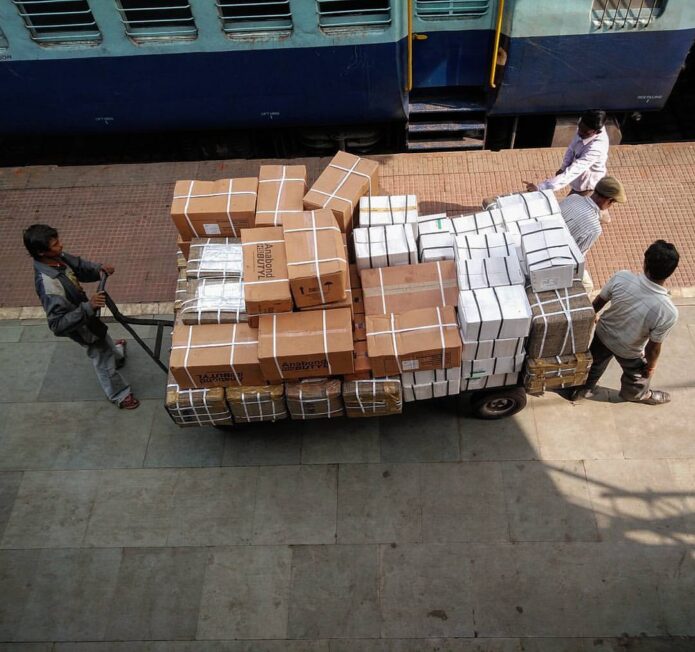Many moons ago, as a teenager, I had a bad fall while riding my bicycle. A sharp stone hit my head. I started bleeding and eventually passed out on the road. There were no phones. No emergency helpline. Just the road, my bleeding head, and the sky above.
But help came.
A few passing strangers stopped. They sprinkled water on me. Teased out my name and address from my semi-conscious brain. Got me to a hospital. Found my parents. And then—they disappeared. No names exchanged. No credit taken. Just people who saw a teenager in trouble and stepped in—because they could.
I still have a scar on my head from that day. But I also have a memory. A quiet one that reminds me I survived not only because I was lucky—but because someone chose to be kind.
Whose Quid? What Quo?
We’ve quid pro quo our default setting. Latin for “this for that”—but really, “don’t do anything unless you get something in return.” It sounds neat. Fair, even. Until you ask: Whose quid? What quo? And what happens when kindness comes without a price tag?
Actor Nawazuddin Siddiqui once walked the streets of Mumbai broke, hungry, and almost invisible. In his words:
“There were days when I had no money for food. But there was always someone—someone I didn’t know—who’d offer chai or a meal.”
No conditions. No contracts. Just chai. Just kindness.
When Life Becomes a Ledger
Today, deal-making is fashionable. Everything is a deal. A pitch. A negotiation. The word transaction has crept into places where it doesn’t belong—like friendships, partnerships, even parenting. If you do X, I’ll do Y. If you help me, I’ll remember you. If you don’t, I’ll remember that too.
But here’s the problem. If life becomes a ledger, what happens to the things we can’t count?
Gratitude. Care. Listening. Sitting quietly with someone. Standing by a friend even when they’ve messed up. These don’t show up on balance sheets. And yet, these are the very things that make us human.
The Kindness That Doesn’t Trend
Everyday kindness is far too ordinary for primetime.
It doesn’t trend. It doesn’t come with background music.
No one’s cutting a reel when you offer your seat to someone or help them pick up a fallen grocery bag.
It’s instinctive. Like scratching your head when thinking or offering tea when someone visits. It’s coded into our DNA, so natural we barely notice it ourselves.
And when it does make the news—“Man helps elderly woman cross street!”—you know the world’s a little upside down. That headline should be the default setting, not the exception.
Kindness doesn’t ask for attention. It just shows up, quietly, like it always has.
Holocaust survivor Eddie Jaku, who later became an Australian citizen and author of The Happiest Man on Earth, put it plainly:
“Kindness is the greatest wealth. It costs nothing, but it means everything.”
The Real Deal
So if you must make a deal, make this one:
Offer kindness without calculating return. Build trust without waiting for leverage. Be generous without expecting applause. Because the real deal isn’t signed.
It’s just done. Silently. With grace. Often without anyone watching. And maybe that’s the point: the real deal isn’t signed.
It becomes part of your signature move—how you show up for others, without fanfare or fine print. Kindness is not weakness. It is strength.
We get by because of others. Even if we sometimes forget to say so.
Not everything is a transaction. Life is the bigger deal—larger than all the deals you can ever make. Because the real deals in life—the ones that change you—are never signed.
They are simply made. By people who show up, sprinkle water on your bruised head, and walk away quietly.







